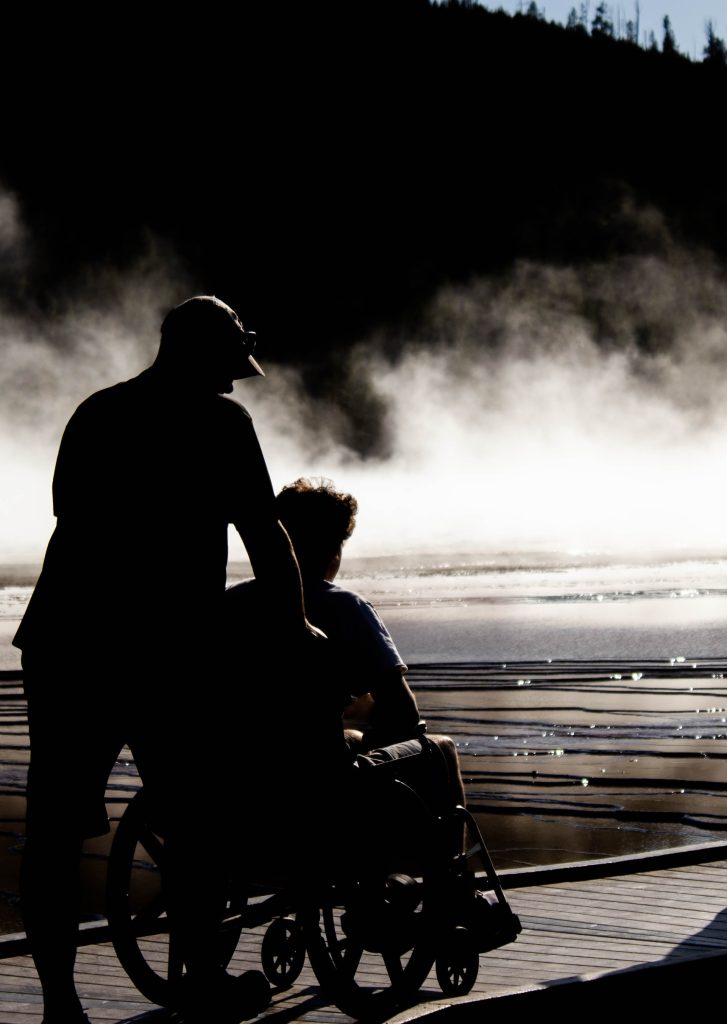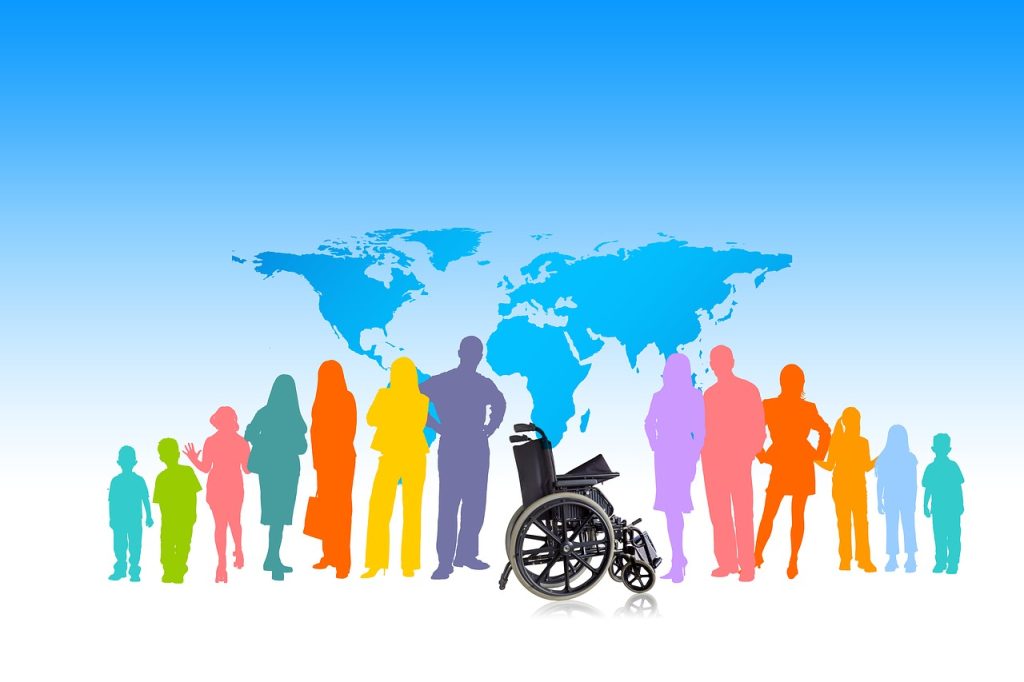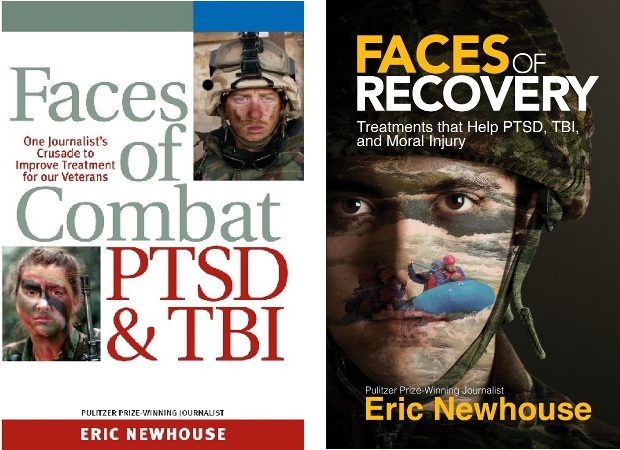The month of October is National Disability Employment Awareness Month and offers an excellent opportunity to shine a spotlight on the contributions of an often-times overlooked section of the American workforce that is disabled. As an estimated 27% of veterans are disabled due to their time in the service, it’s easy to see how providing resources for disabled workers also means providing resources for quite a few US veterans returning from their tours. Disabled veterans face unique challenges as they transition from military service to civilian employment, and NDEAM serves as a reminder of the importance of providing opportunities and support for these individuals.

Unique Challenges Faced By Veterans
Disabled veterans often encounter numerous obstacles as they seek employment in the civilian workforce. Their disabilities may be physical, such as combat-related injuries, or mental, such as post-traumatic stress disorder (PTSD). These challenges can make the transition from military service to the civilian job market a daunting prospect.
One of the key challenges is the potential mismatch between military skills and civilian job requirements. Many veterans possess valuable skills such as leadership, adaptability, and teamwork but may unfortunately struggle to transfer these skills to their civilian roles in an environment that is quite different from what they’re used to. Additionally, physical disabilities can create barriers to certain types of employment altogether.
Why Is NDEAM Important For Veterans?
National Disability Employment Awareness Month was established to raise awareness about disability employment issues and to celebrate the contributions of disabled workers. For disabled veterans, this month holds particular importance as it underscores the value they bring to the workforce and the need for inclusive hiring practices. All too often, veterans slip through the cracks in a system that can sometimes seem indifferent to their needs at best and downright hostile to their needs at worst. By utilizing NDEAM’s spotlight on the disabled workforce, we can further hone in on the struggle of our veterans to hopefully get them the help they desperately need and deserve.
What Can Employers Do?

If you’re an employer or other organization that is looking to make your workplace as inclusive as possible for disabled veterans, there are a few things you can look out for. This support includes:
- Reasonable Accommodations: One of the easiest things you can do is to make reasonable accommodations for disabled veterans, such as modifying job duties or providing assistive technology. This can enable disabled veterans to perform their tasks more effectively or in a more comfortable way.
- Veteran Hiring Initiatives: Many organizations have programs dedicated to hiring veterans, and these initiatives often extend to disabled veterans as well. These programs focus on matching veterans’ skills with specific job openings, which is an excellent way to utilize the skills of disabled veterans in your workforce.
- Mentorship and Training: Veterans often benefit from mentorship and training programs that help them navigate the civilian workforce and build on their existing skills. Consider these types of programs to help ease the transition from a veteran’s military life to your civilian workforce, which can be especially jarring for veterans who are disabled.
- Promoting a Supportive Culture: Fostering a workplace culture that is inclusive and supportive of veterans, including those with disabilities, is essential. This includes eliminating stigma around disabilities and promoting diversity and inclusion. Many companies today are already moving towards diversity and inclusion programs, so make sure not to fall behind if you aren’t already implementing these opportunities into your company culture.
Making the Most of NDEAM 2023
National Disability Employment Awareness Month is a time to celebrate the contributions of disabled veterans and promote opportunities for their continued success. By recognizing the unique skills and experiences that disabled veterans bring to the workforce and by providing the necessary support and accommodations, employers and society as a whole can ensure that disabled veterans find meaningful and fulfilling careers after their service to the nation. This October, let us remember and honor the sacrifices of our disabled veterans and take meaningful steps to support their journey in the civilian workforce.
Are you a veteran in need of assistance? Click this link for a list of resources made specifically for you. If you’re having suicidal thoughts, please call either The National Veterans’ Foundation at 1-888-777-4443 or the VA Suicide Prevention Hotline at 1-800-273-TALK (800-273-8255).
Both hotlines are free and confidential. If you’re not a veteran but would still like to help out, you can get involved through our donation page here.







